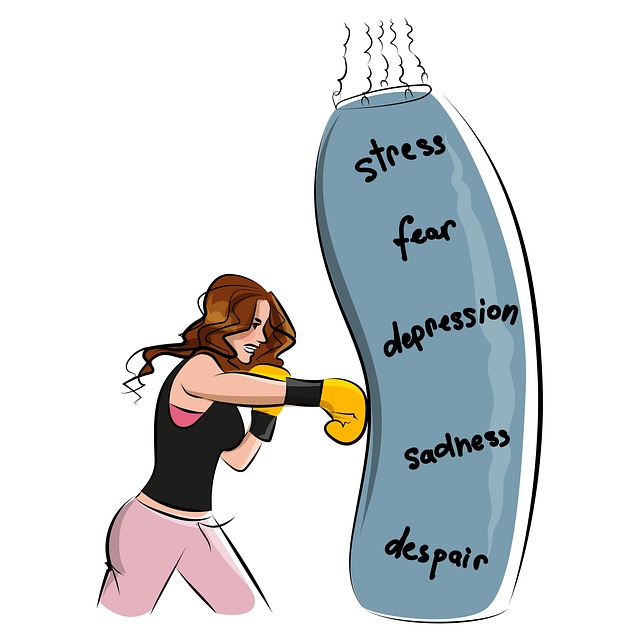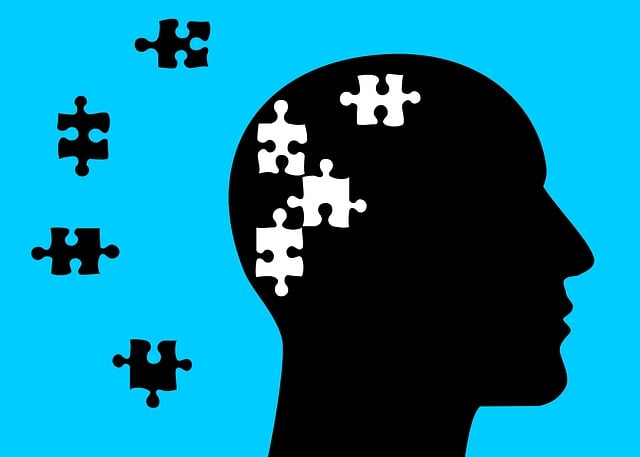Adolescents and first responders face high stress levels from academic pressures, peer dynamics, adulthood transitions (adolescents) and high-stress situations (first responders). Tailored interventions like cognitive behavioral therapy (CBT), mindfulness, and lifestyle changes are crucial. CBT equips individuals with coping strategies to manage stress, while mindfulness techniques enhance mental well-being through emotional processing and positive thinking. Building resilience through exercise, balanced diets, and support networks is key for navigating high-pressure environments. Specialized therapy sessions focusing on mental wellness coaching provide immediate relief and lasting coping mechanisms for both adolescents and first responders.
Stress reduction is a vital topic, especially for adolescent teens and first responders who often face unique challenges. This article explores effective methods to combat stress, focusing on cognitive behavioral therapy, mindfulness practices, and lifestyle changes. We delve into understanding the specific stressors faced by teens and first responders, providing insights into Cognitive Behavioral Therapy (CBT) as a powerful tool for managing anxiety. Additionally, we highlight the benefits of mindfulness and building resilience through support networks, offering practical strategies for a healthier, calmer mind.
- Understanding Stress in Adolescent Teens and First Responders
- Cognitive Behavioral Therapy: A Powerful Tool for Stress Reduction
- Mindfulness and Meditation Practices for Calming Minds
- Building Resilience: Lifestyle Changes and Support Networks
Understanding Stress in Adolescent Teens and First Responders

Stress is a significant concern for both adolescent teens and first responders, each facing unique challenges that can lead to burnout if left unaddressed. For adolescents, academic pressures, peer relationships, and the transition into adulthood contribute to heightened stress levels. Therapy for adolescent teens often focuses on teaching coping strategies tailored to their age group, promoting emotional intelligence, and fostering a sense of resilience. Early intervention through mental health education programs designed specifically for schools can help mitigate these issues by providing self-care routine development for better mental health.
First responders, such as police officers and firefighters, deal with high-stress situations on a regular basis, which can result in trauma and emotional exhaustion. Burnout prevention among first responders involves implementing comprehensive support systems that include access to therapy services tailored to their specific needs. Mental health education programs designed for these professionals should emphasize the importance of self-care routine development, encouraging balanced lifestyles and providing tools to manage stress effectively. By prioritizing their mental well-being, first responders can enhance their performance and ensure they remain equipped to handle the demands of their roles.
Cognitive Behavioral Therapy: A Powerful Tool for Stress Reduction

Cognitive Behavioral Therapy (CBT) has emerged as a highly effective tool for stress reduction, particularly among adolescent teens and first responders grappling with high-pressure environments. CBT focuses on identifying and changing negative thought patterns and behaviors that contribute to stress and anxiety. By challenging these distorted thoughts, individuals can gain a more balanced perspective, leading to improved emotional well-being.
This form of therapy has been successfully integrated into various settings, including community outreach programs aimed at reducing the stigma associated with mental illness. Targeting high-risk populations like first responders, who often face burnout prevention challenges due to their demanding roles, CBT offers a structured approach to managing stress. Through individual or group sessions, participants learn coping strategies and skills to navigate stressful situations, fostering resilience and promoting better mental health outcomes.
Mindfulness and Meditation Practices for Calming Minds

Mindfulness and meditation practices have emerged as powerful tools for calming minds and reducing stress, making them valuable resources for adolescents, teens, and even first responders facing demanding situations. These ancient techniques are now backed by scientific research that highlights their potential to improve mental well-being and enhance resilience. By focusing on the present moment and cultivating a non-judgmental awareness, individuals can disrupt negative thought patterns and experience a profound sense of tranquility.
For teenage patients and first responders seeking therapy, mindfulness meditation offers a safe space to process emotions, especially in the context of Healthcare Provider Cultural Competency Training. Encouraging positive thinking and self-reflection, these practices enable individuals to manage stress effectively. Moreover, integrating mindfulness into therapeutic sessions can facilitate better risk assessment for mental health professionals, fostering an environment where both the patient and provider can thrive.
Building Resilience: Lifestyle Changes and Support Networks

Building resilience is a key aspect of stress reduction, especially for adolescent teens and first responders who often face high-pressure situations. Lifestyle changes play a significant role in enhancing mental wellness. Encouraging regular exercise, mindful meditation practices like compassion cultivation, and adopting a balanced diet can significantly contribute to overall well-being. These simple yet effective strategies empower individuals to manage stress effectively.
Additionally, fostering strong support networks is vital. Connecting with peers, family, or joining community groups provides an outlet for sharing experiences and emotions. Therapy sessions specifically tailored for adolescents and first responders can offer specialized tools, such as mental wellness coaching programs, which focus on self-care routine development. These interventions not only provide immediate relief from stress but also equip individuals with lasting coping mechanisms to navigate challenging scenarios.
Stress reduction is a vital tool for improving mental health, especially among adolescent teens and first responders who face unique challenges. By understanding stress and employing evidence-based methods like cognitive behavioral therapy, mindfulness practices, and building resilient support networks, individuals can effectively manage and reduce stress levels. These strategies empower teens and first responders to lead calmer, more balanced lives, fostering overall well-being.














